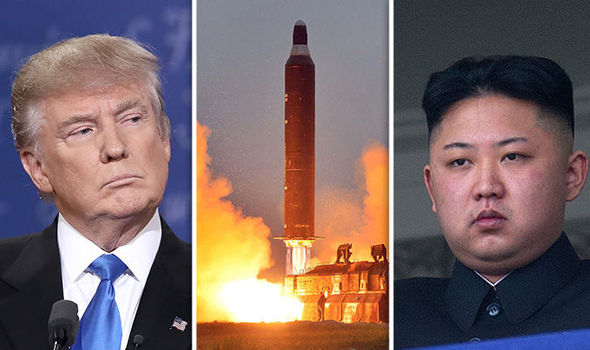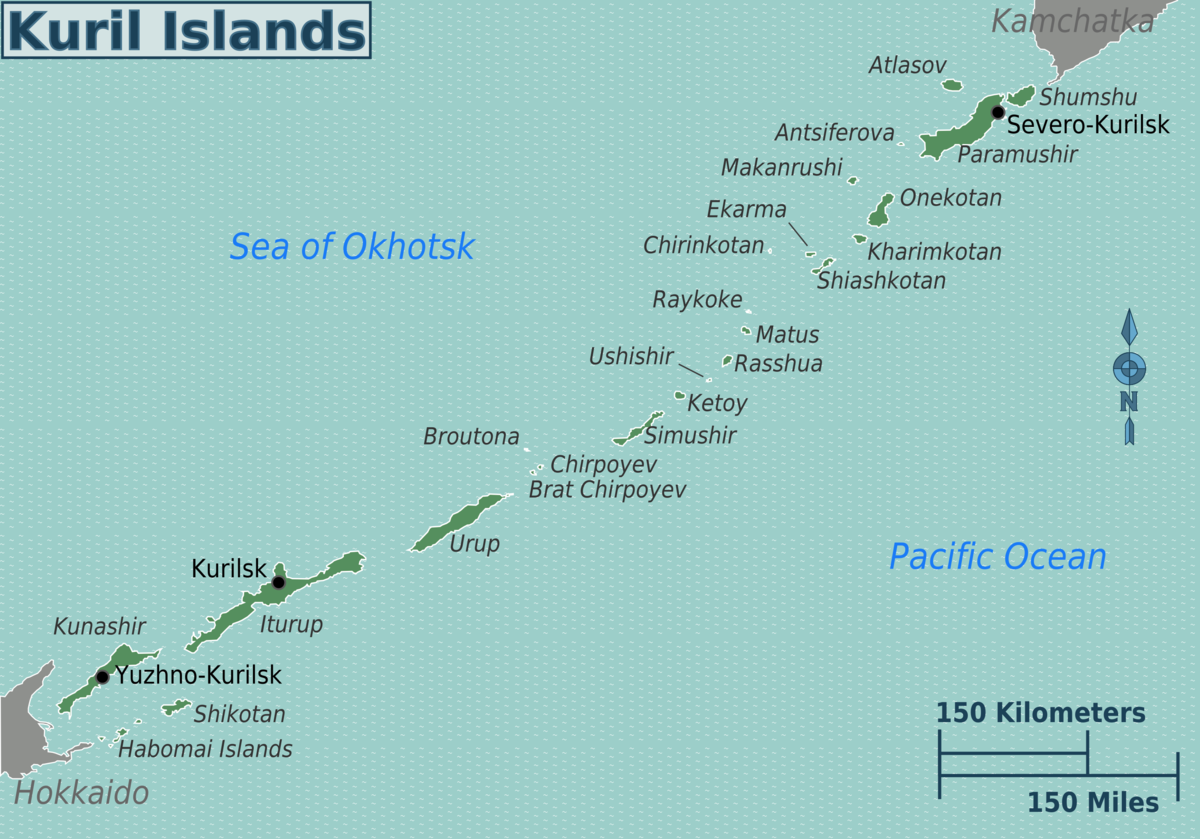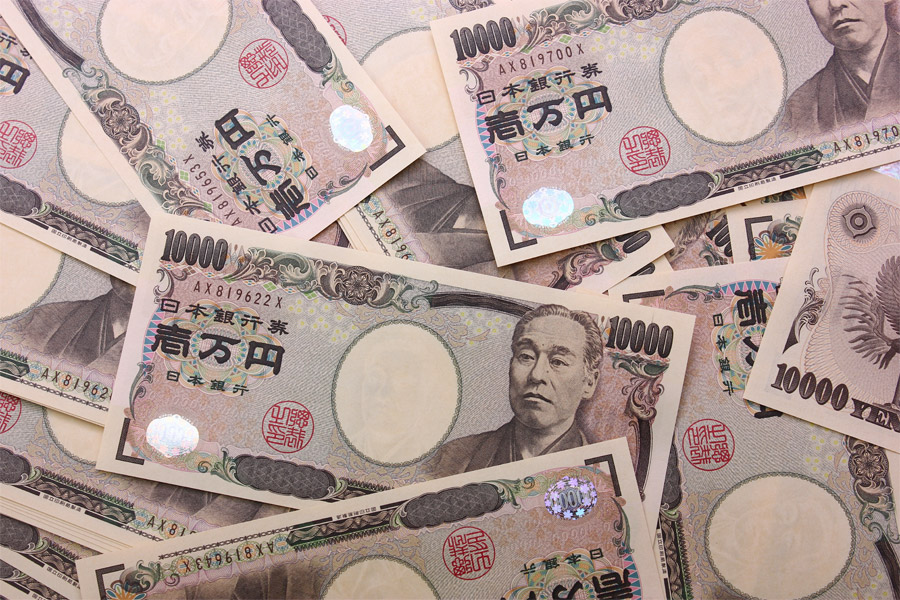Towards “long-term” and “infrastructure”

Having got back from a pleasant journey through Beijing, Shanghai and Taipei, I’m writing this column very early in the morning at home in Tokyo. Facing extremely energetic Chinese societies abroad, a kind of cultural relativization occurs to me again.
The Japanese in general tend to be proud of being Japanese based on their unique tradition. They even believe their way of life must be prioritized due to its difference from the western one. Because the latter has been approaching its end, the former is about to start to save the world, they simply think. The way of thinking in Japanese intellectuals” brain consists of such a dichotomy: “West” versus “East led by Japan”.
Now that I thoroughly studied what’s been happening in the Chinese societies inside and outside PRC again, I’m finally about to depart from this typical Japanese belief in superiority. It’s this simple idea without reasons that rather matters to lasting difficulties in Japan.
Why? In the course of discussions I did with one of my closest Chinese friends recently, she clearly shows me what she’s always been aimed at: “long-term” and “life-time infrastructure”. Of course, she sometimes jumps in something profitable in the extreme short-term. However, only provided that another long-term scheme includes the former. Again, she focuses in principle on both “long-term” and “life-time infrastructure”. Because her scheme is so, it draws attention of more and more partners and colleagues around her, which then makes her more and more successful. What’s left for her to do is just always being fit both physically and psychologically. The people commit themselves to her scheme, since they has deep trust in her personality. The scheme remains, as long as she lives.
How about the “Japanese” way? It always begins to move forward, only after others already started. Not evading risks in advance but getting more and more in troubles and volatilities afterwards, the Japanese tend to stick to the “short-term”. Because only a short time is left for them, they work extremely hard to make profit in other’s markets like vulture funds. Their business is now so successful that they hardly believe it comes to an end soon. The X-Day, on which every single risk breaks out, abruptly comes, and the Japanese loose almost everything they have earned so far. Again, that makes them think only in the “short-term”. In lack of “life-time infrastructure”, the Japanese have to continue working hard like vulture funds. They can’t help stop being so, therefore they even start to be proud of being so: “We’re a selected nation and can always be diligent, while others are lazy. “ According to this belief (or “superstition”), they love to work hard even until they die at the desk. “Death in the office” is virtue in Japan after the WWII.
Thanks to experiences I gathered recently, I’m finally awakening. My institute and I have to concentrate on building up schemes as long-term and profitable infrastructure from now on. A brand new Odyssey has just begun. Stay tuned…






